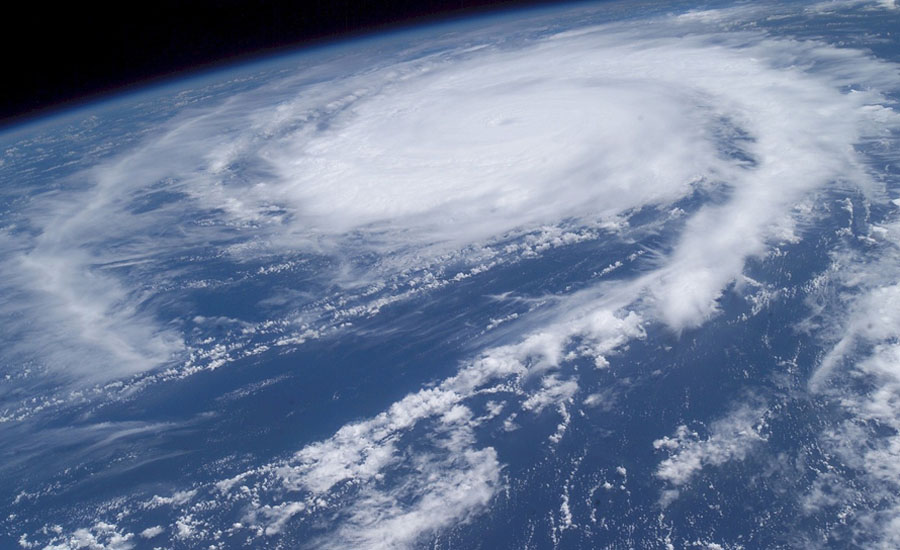A U.S. DOL Blog post
Watching the weather

Hurricane Matthew is a recent reminder for many of us that severe weather can be deadly. While all of us need to take precautions, outdoor workers are especially vulnerable.
Two examples from New England show why it’s so vital that employers monitor and address the dangers extreme weather can present.
- Despite repeated warnings of severe storms from the National Weather Service and ominous local radar data, Walker International Events elected to proceed with a scheduled outdoor circus performance on Aug. 3, 2015, in Lancaster, New Hampshire. A circus tent collapsed during a performance in a severe thunderstorm, killing a young child and her father, injuring dozens, and endangering workers as well as spectators.
- In July 2013, a United States Postal Service worker named James Baldassare collapsed while walking his route in Medford, Massachusetts, on a day when hot, hazy, humid weather had reached a heat index of 100 degrees Fahrenheit. When he was admitted to the hospital, Baldassare’s core body temperature read 110 degrees Fahrenheit. The next morning, he died from heat stroke.
According to Baldassare’s coworkers, the Medford USPS branch had not provided any training to letter carriers on preventing and recognizing heat-related illness.
Following each of these tragedies, the Occupational Safety and Health Administration issued citations to for violating the general duty clause of the Occupational Safety and Health Act, describing each employer’s failure to address “recognizable hazards that are causing or likely to cause death or serious harm to employees.”
In the case of the circus tent, Walker International Events had failed to monitor and respond appropriately to weather forecasts, which had consistently warned of damaging winds and severe storms in the hours before the show.
After the Boston Regional Solicitor’s Office filed a complaint against the company and shared an expert’s report highlighting the threats that should have been clear had the forecasts been properly considered, Walker International Events settled the case, agreeing to pay the penalty associated with this charge and accept the citation. The company ceased operating after the tent collapse.
In the case against USPS, the department negotiated a settlement that requires the Postal Service to implement a comprehensive program to protect mail carriers from the heat that includes:
- Thorough training on prevention and recognition of heat-related illness.
- Rerouting letter carriers to minimize exposure on very hot days.
- Making cold water available in carriers’ vehicles.
- Using a buddy system.
- Instructing employees to report heat-related symptoms to management.
- Requiring management carefully assess report of such symptoms.
As the climate changes, we are likely to see extreme weather more and more frequently. Indeed, we are already seeing the impact now. Workers employed in transportation, construction, agriculture, fishing and emergency response are among those most likely to be at risk.
It’s important to remember, though, that weather-related dangers can be present in any industry. We at Department of Labor remind employers of their responsibility to protect employees — whatever work they do — from the perils of extreme weather.
Looking for a reprint of this article?
From high-res PDFs to custom plaques, order your copy today!





